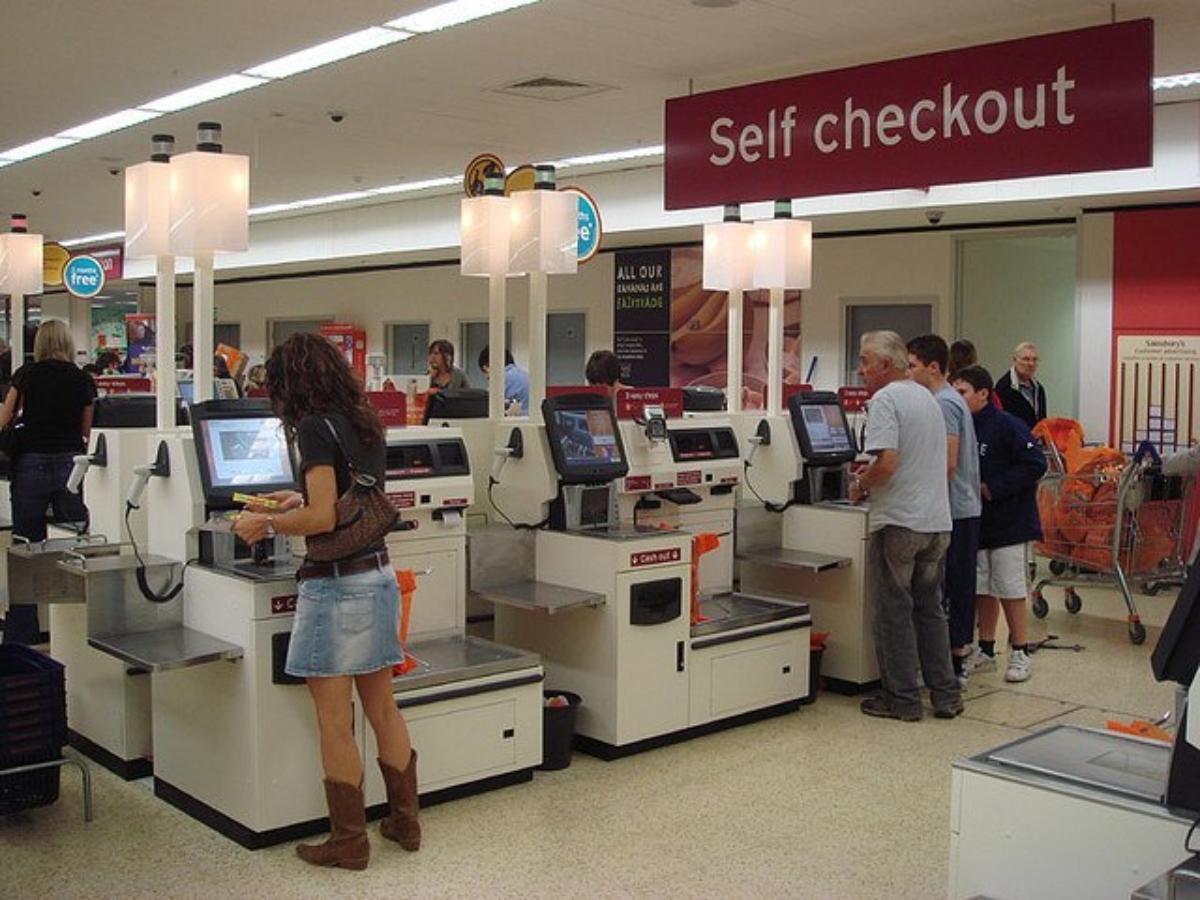Zero-Based Budgeting Is a Popular Way to Manage Money — Here's Why
Zero-based budgeting is a method used by companies and individuals. Allocate every dollar of income to a specific category of expenses to reach zero.
Sept. 9 2022, Published 2:10 p.m. ET

Following a zero-sum budget can help you manage your money better from month to month, reaching your financial goals.
Many people are looking for ways to cut expenses, especially as inflation soars and the Federal Reserve keeps raising interest rates. Although there are several different budgeting methods you might try to manage your money, zero-based budgeting is a popular one. Here are the pros and cons of zero-based budgeting, explained.
Zero-based budgeting, or zero-sum budgeting, is making a plan for every dollar you make. A zero-based budget assigns all of your income to a category. Your total expenses (including savings and retirement funds) equal your total income, leaving you with zero.
Create a zero-based budget by starting with income.
The first step to creating an effective zero-based budget is to know your total income for each month. If you already have taxes deducted from a W-2 employer, you can use your net income, but self-employed individuals may need to also budget for quarterly estimated taxes.
Figure out your total household income, then use that number when deciding how much each of your expenses will be. You may want to track expenses for a few months to get a realistic idea of how much you spend.
Next, create categories for your spending and assign a dollar amount to each category. Typical categories include: student loan debt, rent/mortgage payment, utilities, phone, insurance, groceries, eating out, retirement fund, gas or other transportation costs, entertainment, and emergency funds.
Your zero-based budget means you start with your income total, then subtract money for each category until you’re at zero. You won’t always exactly hit your target, but you can then move money around as needed. If one month your clothing spending is higher, you could aim to spend less on entertainment to ensure everything zeroes out.

Zero-based budgeting helps keep your spending on track so you don't overspend compared to your income.
Why is zero-based budgeting useful?
Zero-based budgeting ensures that you know how much money you’re earning and spending each month. It should prevent you from spending money you don’t have and can help you stop living paycheck to paycheck.
Many people don’t know how much they actually spend on food, entertainment, or other categories. Zero-based budgeting is eye-opening and can help you change your spending habits if they don’t line up with your income.
There are some challenges with zero-based budgeting.
Zero-based budgeting may not work for some people. For one thing, it’s a bit time-consuming and not everyone loves being so specific with their expenses.
Another challenge is that if you have irregular income due to freelancing or part-time work, it’s hard to predict income each month. You can still use a zero-based budget, but it’s helpful to save a month of income or more as a buffer, so you can still cover expenses during leaner months. Making your estimates based on the previous month's income is a good start.
Some expenses vary as well, such as holiday gifts or travel. Most people can overcome this issue by regularly setting aside funds in a savings account for those miscellaneous costs.
Apps can help you with zero-based budgeting.
Although you can do this budget with pencil and paper, technology helps too. A number of budgeting apps exist, all designed to help users figure out where their money is going.
One popular budgeting app is You Need A Budget (YNAB). The app uses the zero-based budget, which it calls “Give Every Dollar A Job.”
The Dave Ramsey app, EveryDollar, operates similarly, with every dollar allocated for a specific purpose.
